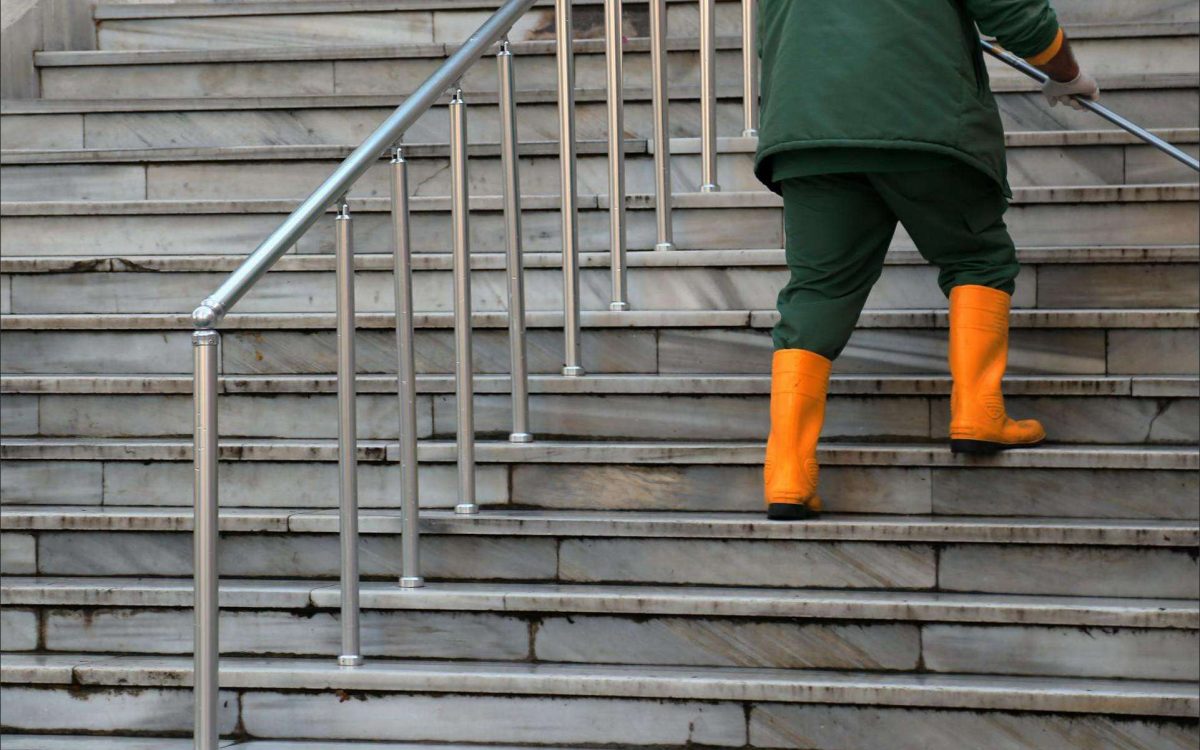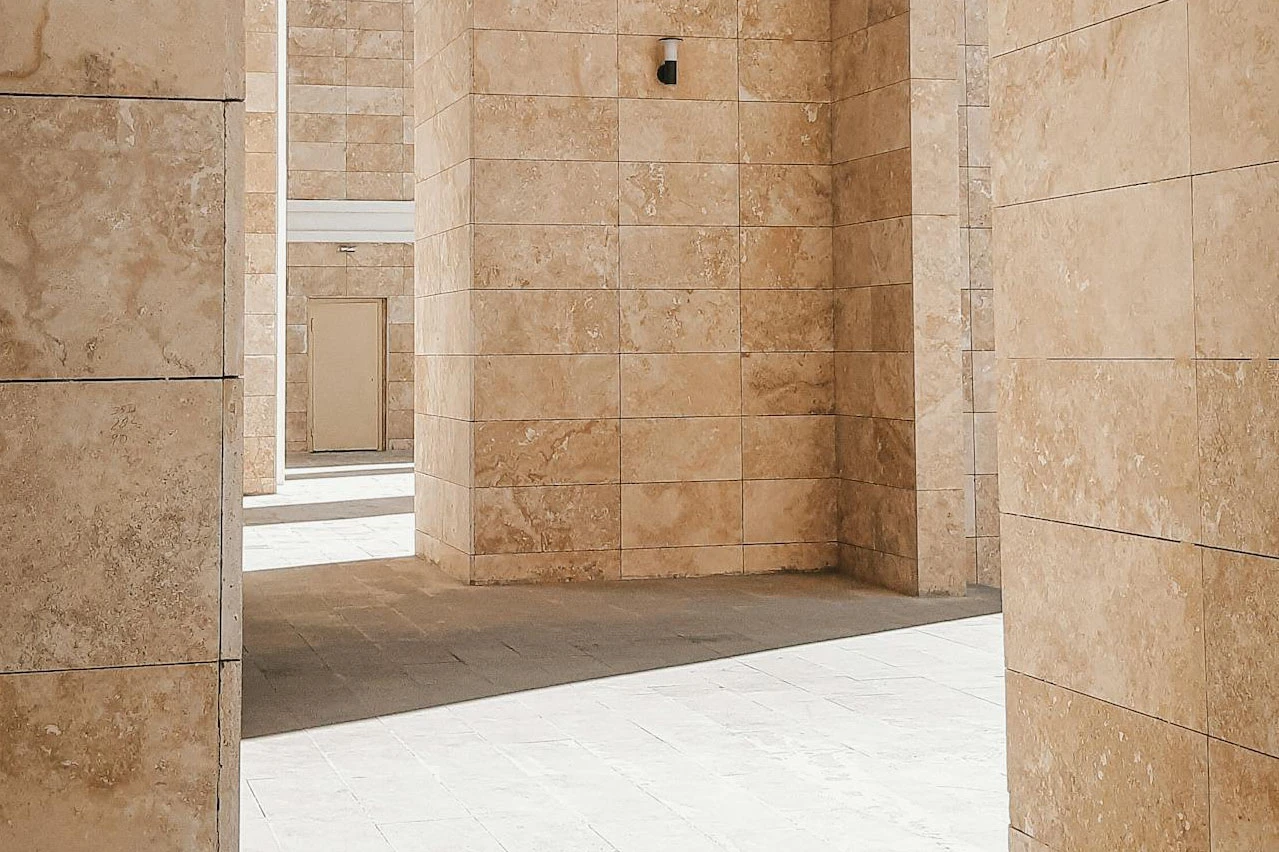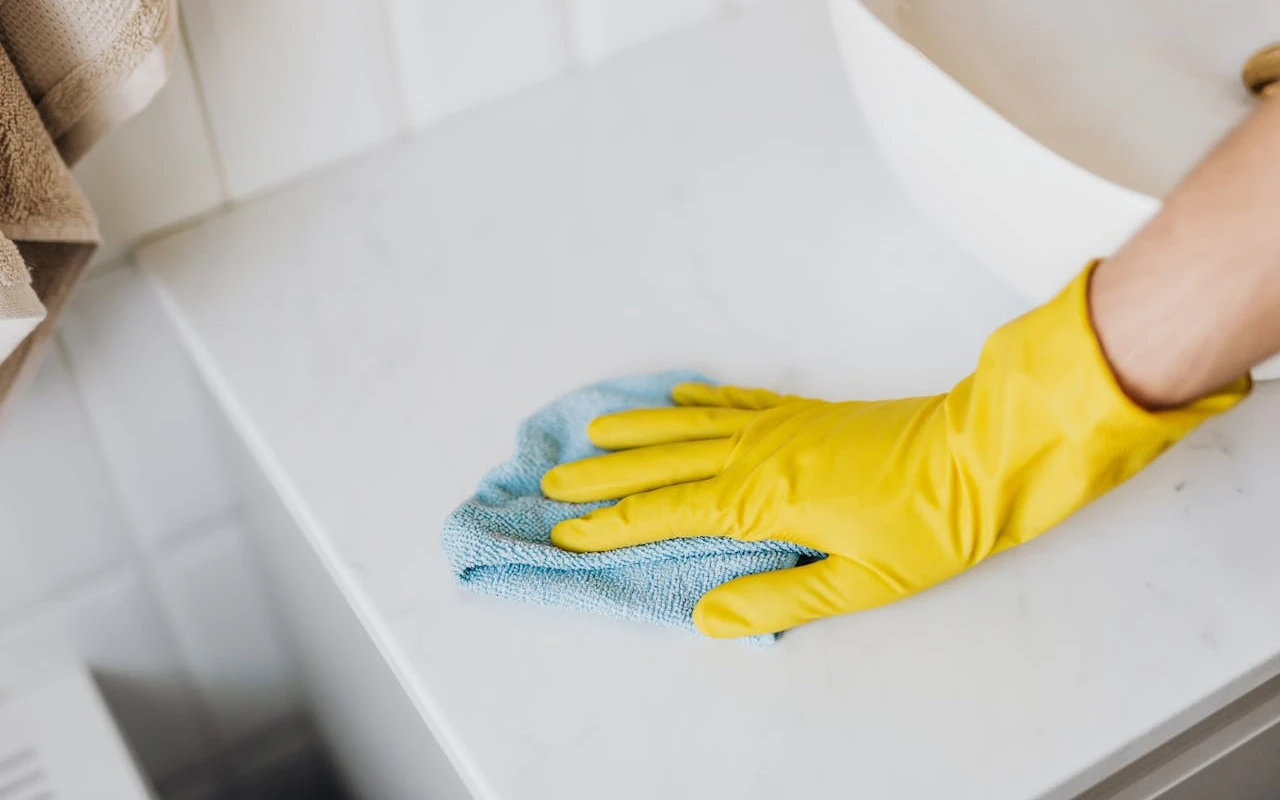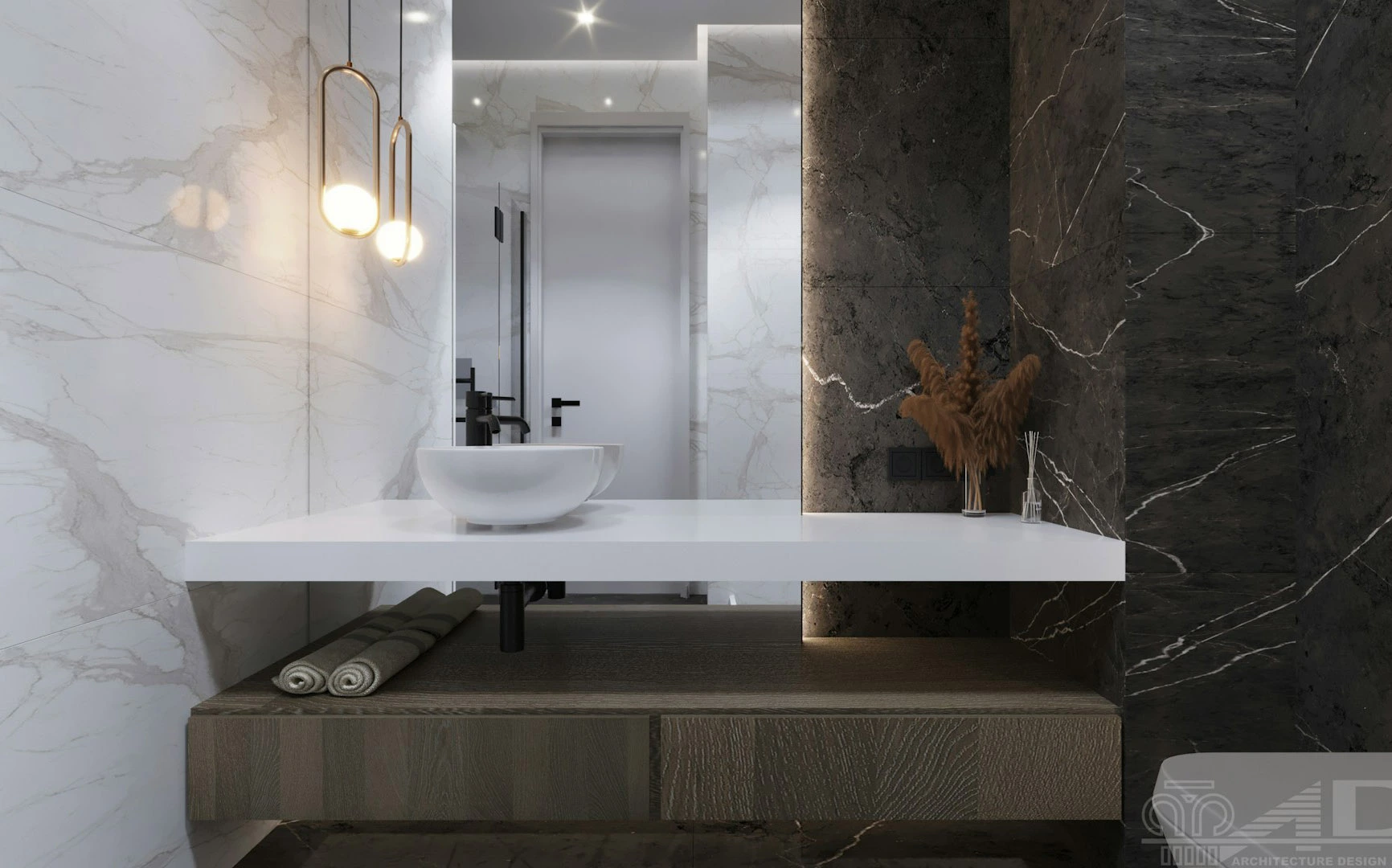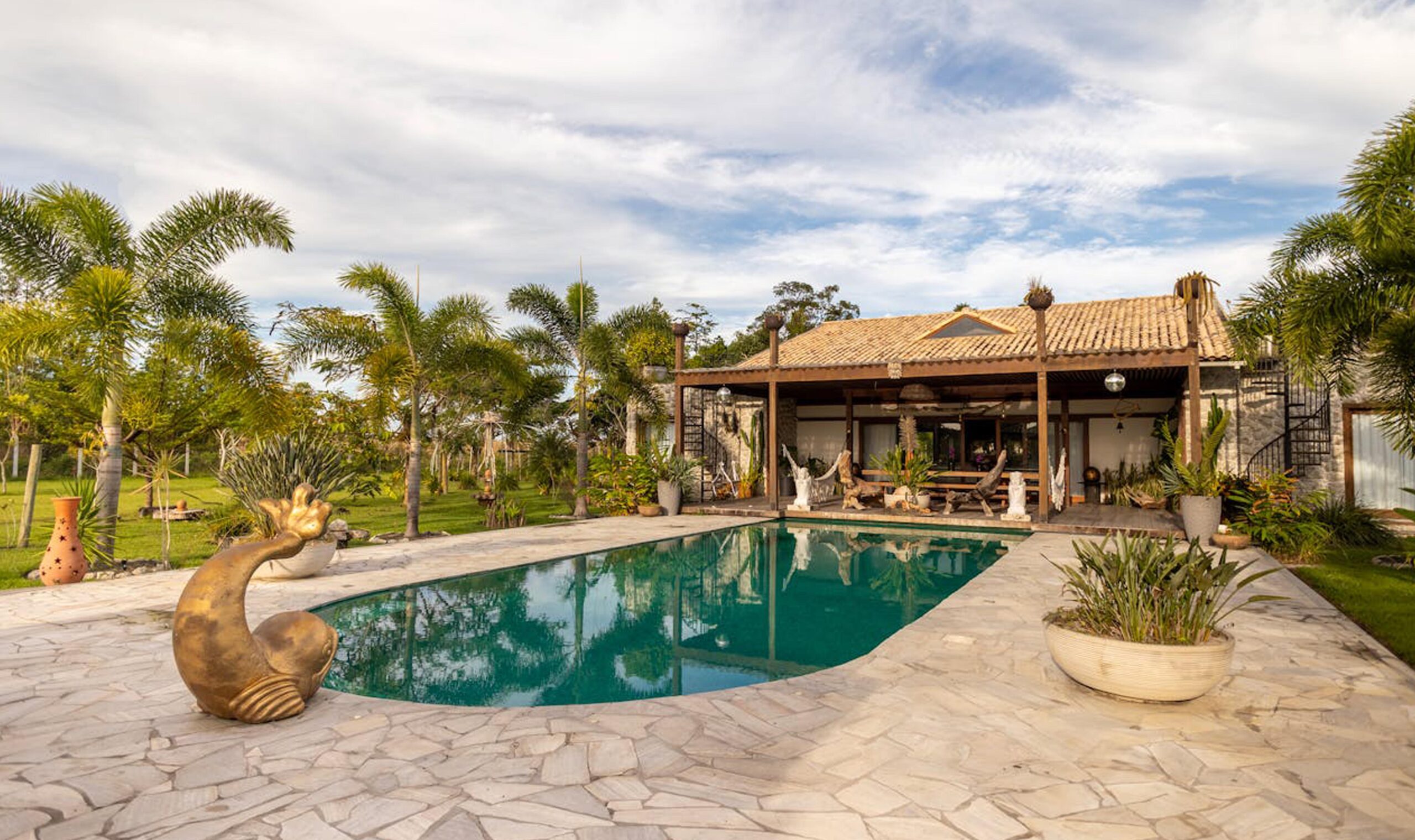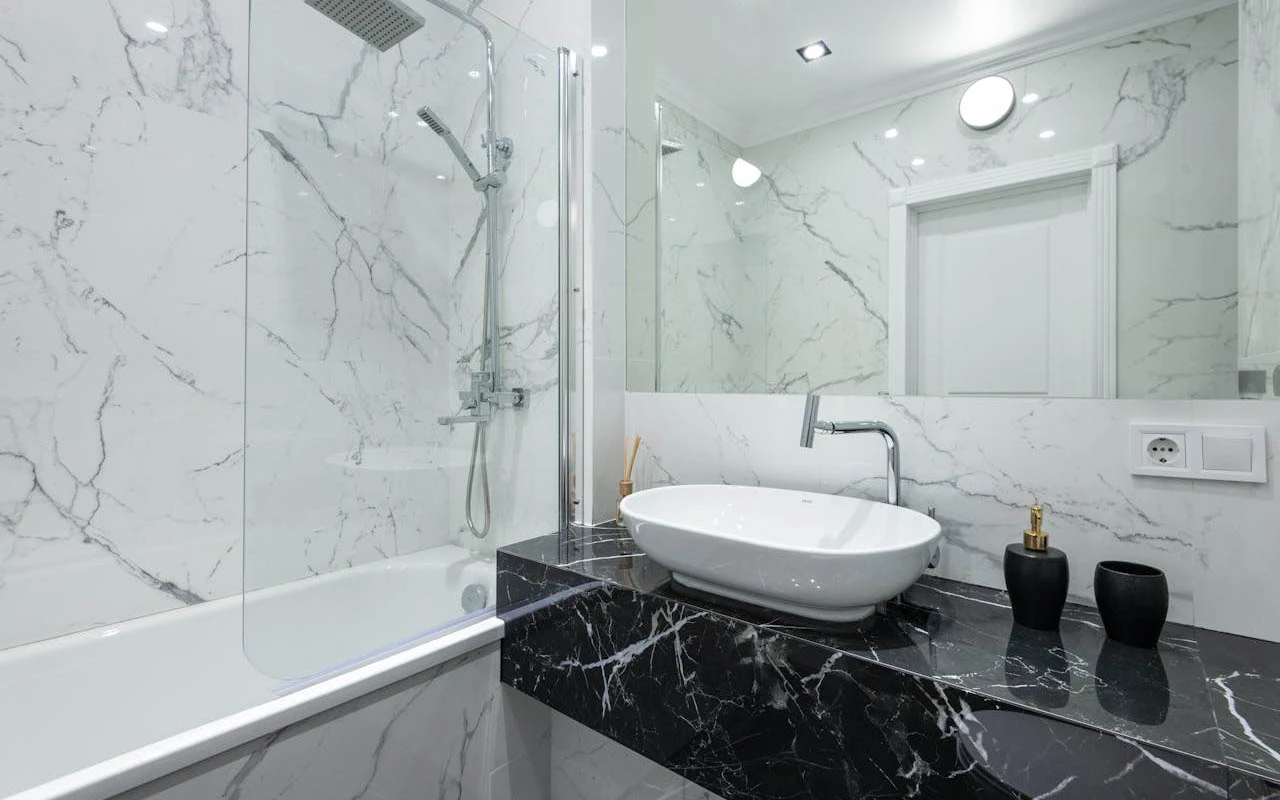Can You Use Marble Outdoors?
Yes, you can use marble outside — but with the right expectations and proper care. While marble is a beautiful and timeless natural stone, it’s also sensitive to weather, moisture, and acidic elements, making it more high-maintenance than other outdoor materials like granite or concrete.
In this guide, we’ll break down everything you need to know before using marble outdoors, from its pros and cons to ideal applications and maintenance tips.
Why Use Marble Outdoors?
Marble has been used for centuries in outdoor settings — from temples and sculptures to courtyard flooring and decorative facades. Its natural veining, color variation, and luxurious appearance make it a popular choice for patios, garden walls, outdoor kitchens, and pool areas.
Reasons people choose marble outdoors:
- Aesthetic Appeal: Elegant, timeless, and natural
- Cool Underfoot: Especially useful in hot climates
- Unique Character: Each slab has its own texture and pattern
- Prestige: Associated with luxury and high-end design
Challenges of Using Marble Outdoors
While beautiful, marble does come with limitations when exposed to the elements. It’s not always the most practical choice — especially in climates with heavy rainfall, snow, or intense sun.
Key challenges include:
- Weather Sensitivity: Marble is porous and can absorb moisture, leading to cracks during freeze-thaw cycles.
- Staining: Leaves, rust, dirt, and acid rain can cause surface discoloration.
- Etching: Exposure to acidic substances (like citrus, bird droppings, or acid rain) can dull the finish.
- Slippery When Wet: Polished marble surfaces can become slick and unsafe in outdoor conditions.
Where Can Marble Be Used Safely Outside?
If you’re set on using marble in an outdoor space, placement matters. Some applications are more suitable than others.
✅ Better outdoor uses for marble:
- Covered patios and verandas
- Exterior walls and vertical cladding
- Outdoor fireplaces or feature walls
- Sculptures and garden accents
- Outdoor dining table tops (under cover)
⚠️ High-risk uses:
- Driveways and high-traffic walkways
- Pool surrounds (unless textured/honed)
- Unshaded areas with extreme weather exposure
Best Types of Marble for Exterior Use
Not all marble is created equal. Some types of marble are more durable and weather-resistant than others.
Popular outdoor marbles:
- Carrara Marble: Classic and subtle, but softer and more porous
- Kishangarh Marble (India): Dense and often used for outdoor temple work
- Makrana Marble: Strong, historic marble used in Indian architecture
- Tumbled or Honed Finishes: Better for grip and weather resistance than polished surfaces
How to Maintain Outdoor Marble
If you do choose marble for outdoor use, regular maintenance is key to preserving its beauty and structural integrity.
Maintenance Tips:
- Seal Regularly: Use a high-quality penetrating sealer made for natural stone. Reapply every 6–12 months.
- Clean Gently: Avoid acidic or abrasive cleaners. Use pH-neutral stone cleaners.
- Protect from Debris: Sweep leaves and dirt frequently to prevent staining.
- Use Covers: Shade marble surfaces when not in use or during harsh weather.
- Address Stains Quickly: Oil, rust, or organic stains should be cleaned immediately using stone-safe products.
Marble vs. Other Outdoor Stones
If you’re not sure whether marble is worth the maintenance, here’s a quick comparison:
Stone Type | Durability | Weather Resistance | Maintenance Level | Aesthetic |
Marble | Medium | Medium to Low | High | Elegant |
Granite | High | High | Low | Natural |
Limestone | Medium | Medium | Medium | Rustic |
Slate | High | Medium | Low | Earthy |
Quartzite | Very High | Very High | Low | Modern |

Conclusion: Is Marble a Good Choice for Outdoor Use?
Yes — but it depends. If you’re in a mild climate, using a honed finish, and ready to commit to regular maintenance, marble can add undeniable beauty to outdoor spaces. However, if you want a low-maintenance, all-weather material, you may want to consider granite or quartzite instead.
Marble is a design statement. It’s for those who value beauty, tradition, and natural character — even if it requires extra care.

